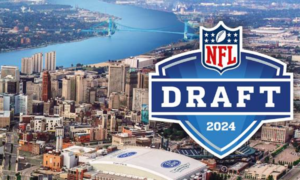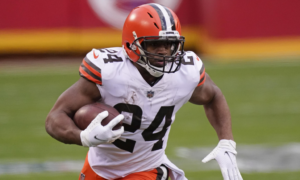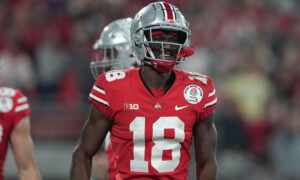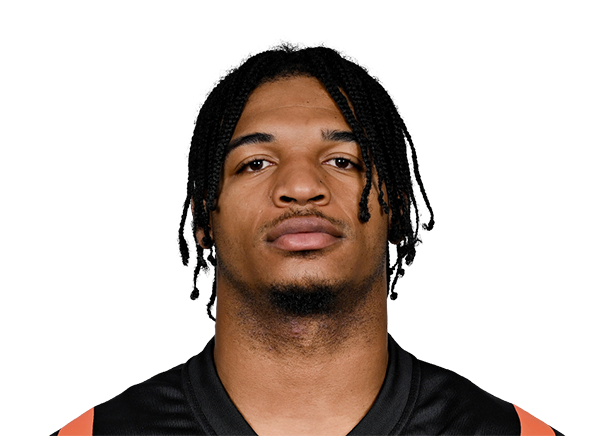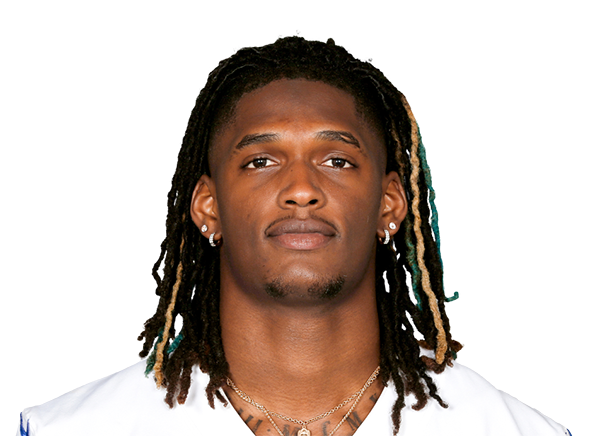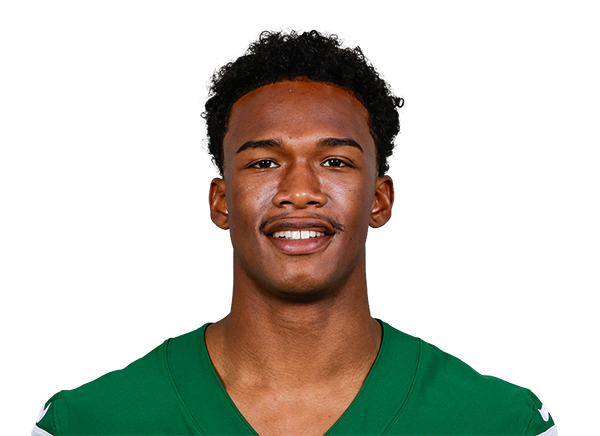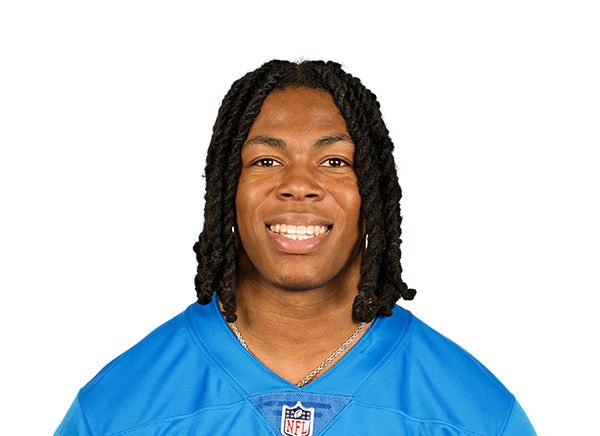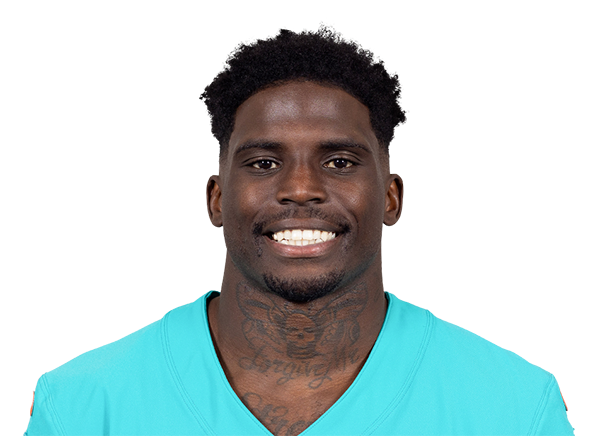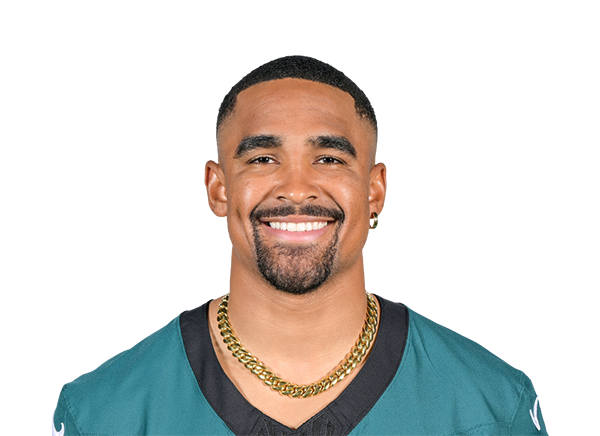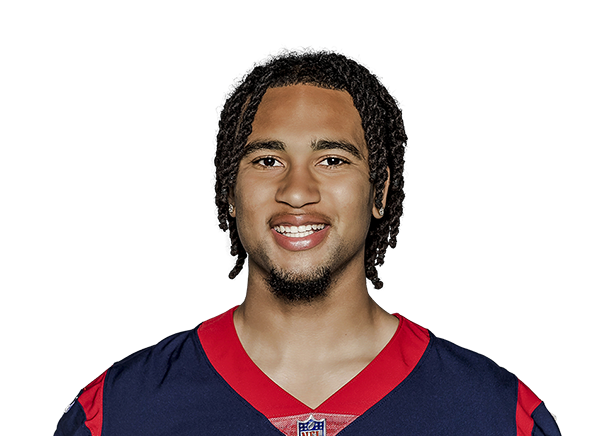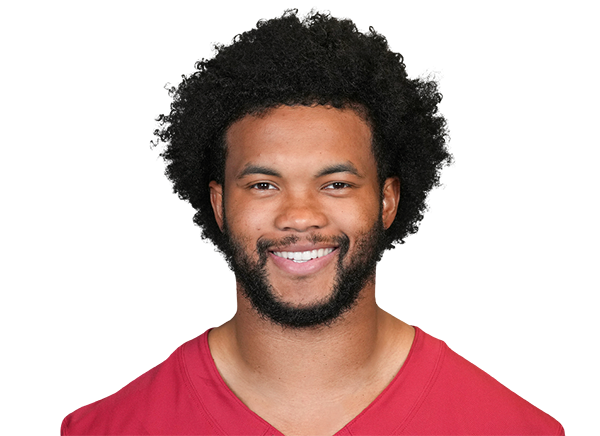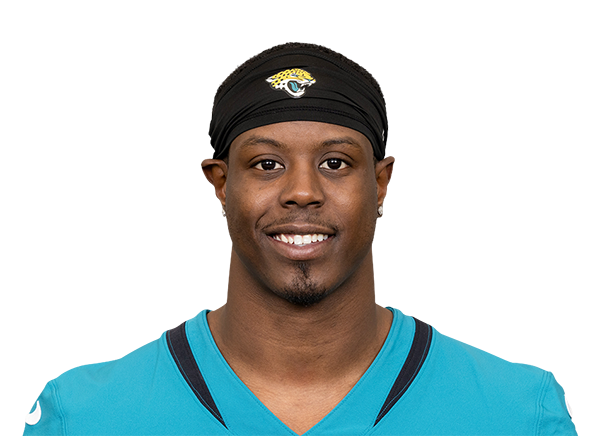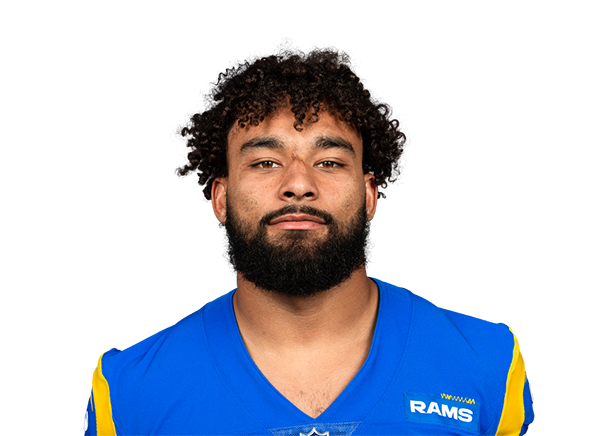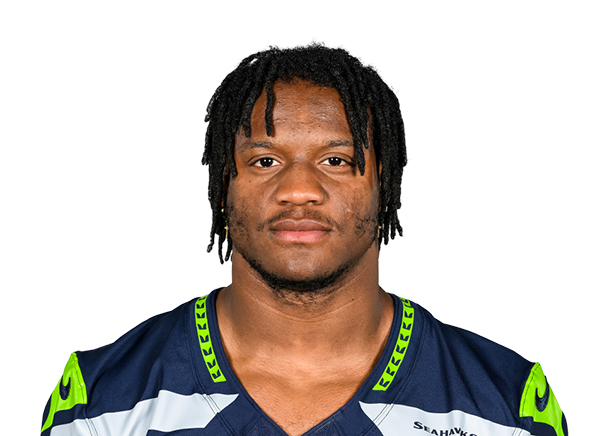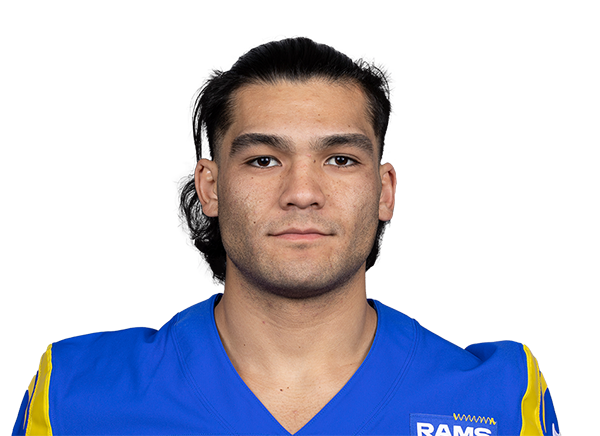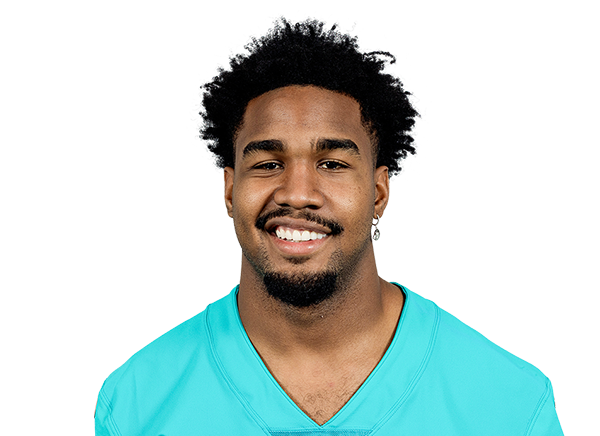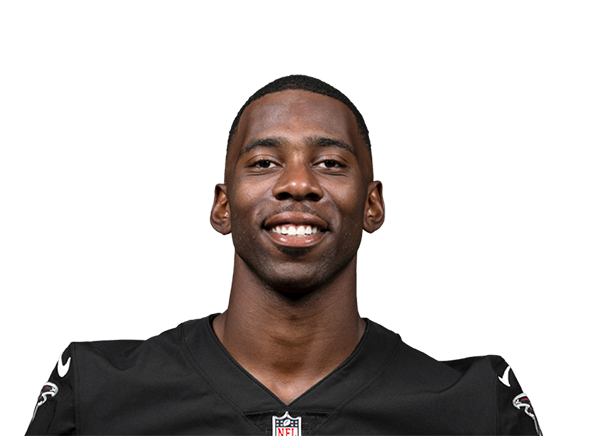A Failure to Communicate: Negotiation in Dynasty Trading
As in life, there are things in fantasy football I’m good at, and things I suck at. It’s how things work. As an example, I’m terrible at waivers. I don’t devote enough time to preparing for waivers, and they often just slip my mind, especially early in the season. My waiver wire work (or lack thereof) can often be detrimental to my team.
When it comes to trading, however, I feel like I have a leg up on the competition. That doesn’t mean I “win” a disproportionate number of my trades, but rather that I quite often get deals done that make my team better, but more on that later. Getting deals done in dynasty is all about communication, and in my experience, that skill is often sorely lacking.
To set the stage, here’s a great “hot take” I found on communication, which is the lynchpin of good trading:
“Communication must be HOT. That’s Honest, Open and Two-way.” -Dan Oswald
Ask yourself this, how often do you see this style of communication in your dynasty trade negotiations? My guess is you seldom see very open negotiation in trading, if at all. If you ask me, there’s one major violation in trade negotiations that I see again and again; the tendency to reject trades with no comment or communication. So why do so many owners send these silent rejections? I’ve spent quite a bit of time mulling this over, and also talked to quite a few smart owners (and these owners are often guilty of this behavior themselves) to figure out exactly what leads to this.
[am4show have=’g1;’ guest_error=’sub_message’ user_error=’sub_message’ ]
The Insult
This is probably the reason cited most often for the “silent rejection.” This happens when an owner receives a trade offer that is so unfair and unbalanced that the only possible response is a rejection without comment. Let’s try to unpack this a bit.
First, let me get something clear right off the bat. There are terrible, terrible offers out there. Like Cameron Brate and a third for the 1.01. Empirically bad. Heck, there’s even a thread on our forums with people sharing their worst trade offers this year.
There are also owners who seem to have no idea and send horrible offers over and over again. Those owners often do deserve the cold shoulder.
However, how people value players can differ by leaps and bounds. You’ll even see it in DLF’s own rankings. There can be significant fluctuations in how players are valued, and these rankings come from people who spend an awful lot of time thinking about value. Just look at my recent ‘Defend Your Rankings‘ articles.
Sometimes what you consider an “insult” offer is really a “I have no idea how you value these guys” offer. You’ll never know if you reject and clam up. Even bad offers can be opportunities to open a dialogue, and that’s where real trades happen. Valuing players is hard, and it’s even harder to know how other owners value players. A great tool we have at DLF to help you in this respect is the Dynasty Trade Finder. I suggest giving this a whirl when you receive offers, it helps you get a better idea of the real-world trade market. You might be surprised to find out that the offer you received isn’t nearly as bad as you initially thought.
Also keep this in mind – there is a difference between a player’s value in hypothetical terms and what he actually will be bought or sold for on the open market. I don’t care if you think OBJ is worth six first round picks, that doesn’t mean you ever would or could get that in return.
The “Taking Advantage” Offer
This is really a variant of the insult offer, only not considered as egregious by most. But it still often ends up with that dreaded silent rejection. I see this situation come up most often around injuries and/or suspensions. Maybe an owner will act quickly to target the backup of a starter that was just injured. Or in some cases an owner will try to offload a player as soon as news breaks, but before everyone knows the truth. A fine example of this behavior is virtually any offer involving Christine Michael.
Let’s face it, nobody likes it when others try to take advantage of them. But still, shutting this door completely can be a missed opportunity. Is the player of yours they are trying to snipe someone you might be willing to move after all? Now is the time to make a more realistic counter, rather than walking away from the table.
Assuming “Best Offer”
This one is trickier. It’s occurrence is mostly based on assumptions. A lot of owners say they either want or expect to get “the best offer first.” So if they receive an offer they consider not ideal, they can and will send the silent rejection. This is a completely understandable philosophy, but only works if your possible trade partner is aware of your desire to see the best offer first. We sometimes forget that not everyone shares our philosophies.
There is another problematic element here. I often couldn’t tell you what my best offer in a particular deal might be. I often have to get into negotiations and understand exactly what you might hope to get to know the answer to that. I’d also add that “best offer” is such a subjective term that it’s impossible to easily quantify. What your ideal package of my assets might be is likely quite different than what I’d consider the ideal package in a given deal. This goes along with the idea that it’s awfully difficult to come to any kind of agreement on player valuation.
Trading is About Negotiation
I know that the reasons I’ve listed here do often feel valid to owners. There are certainly very bad offers tossed about, and there are owners that try to take advantage of situations from time to time as well. There are even owners that you shouldn’t negotiate with at all. But what I find all too often is that even good owners will just flat out fail to communicate at all. This is a problem.
One of the overarching problems here is that too many owners don’t want to put in the work to get deals done. We’re trading assets that are valued in wildly different ways, with countless variables that affect how each owner feels about each player. We also tend to try to play our cards very close to our chest, as we have an overriding fear of losing deals. I believe owners would be better off if they played fantasy a little less like poker.
Imagine going to a car dealership. You are looking at a particular car, and you’ve seen five different prices for said car online and at other dealerships. But the salesman refuses to tell you how he values the car, and expects you to figure out the right price. It doesn’t sound fun, does it? But that’s exactly how many owners think you “negotiate” trades.
I’m going to tell you flat out. That is not negotiation. That’s the fear of losing. We are often so afraid of losing trades, and how it might make us look, that we approach trading in a sub-optimal way. We worry more about how a trade appears than about how it might help our teams win a championship – that’s just wrong-headed.
Earlier I noted that I’m an owner that gets deals done. I don’t think I’ve flat out “won” all that many trades, because winning based on some aggregate expectation of value is not a concern for me. If I have to overpay for a player that could really help my team, so be it. I’m also not afraid to pay through the nose for a player I just really like. I don’t play fantasy to win trades, I play it for fun and to win championships.
My advice to you is this: stop being afraid to negotiate, and stop using the silent rejection unless you have a very, very good reason. In fantasy, as in life, you shouldn’t just close doors that are made available to you – at least make a little effort to find out what might be on the other side.
[/am4show]
- Sunday Six Pack: Week Seven - October 25, 2020
- DLF’s Dynasty Predictions: Fantasy MVP - September 8, 2020
- DLF’s Dynasty Predictions: Fantasy Rookie of the Year - September 7, 2020






